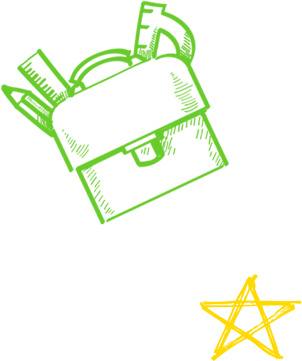
Preschool Program
Our preschool program is for children 3 to 6 years old. It has been carefully prepared to suit the young learner's curiosity, inner directive, and sense of exploration. Being in a mixed-age classroom has many benefits for the children. The older ones learn how to help and guide the little ones, and the little ones look up to their older peers and learn from them. The classroom becomes a community and provides a sense of belonging to the children improving their self-esteem and self-confidence.
Maria Montessori believed that a good education transforms a child into a great man or woman capable of changing the world to make it a better place to live. Our Montessori preschool program has been designed to encourage our students' willingness to learn at their own pace in a relaxing and pleasant environment.
Our classroom is divided into 7 learning centers: Practical Life, Sensorial, Language, Math, Science, Geography, and Art. We have incorporated STEM into our program because we believe that being in contact with science from an early age helps build in our children logical and critical minds and problem-solving skills. Preschoolers love exploring, experimenting, observing, and trying to understand the world around them.
Our program also includes Spanish class, where children learn basic Spanish words and songs. We follow a Spanish curriculum with materials that support each lesson. Children, who have been introduced to a second language at an early age, tend to become fluent in that language later in life, enhancing creativity, mental flexibility, and memory.
We also offer weekly music classes, where children play different instruments and experiment with various rhythms, pitches, and tempos. During this time, they also dance, learn songs, and have lots of fun.
As part of our daily routine, the children have outside play time when they can jog, run, jump, ride a tricycle, play with our sandbox, enjoy our toy house, etc. These activities develop the child's gross motor skills and social interaction.
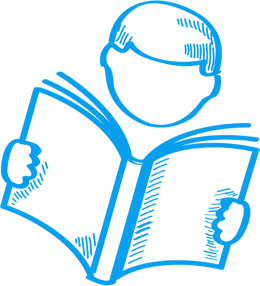
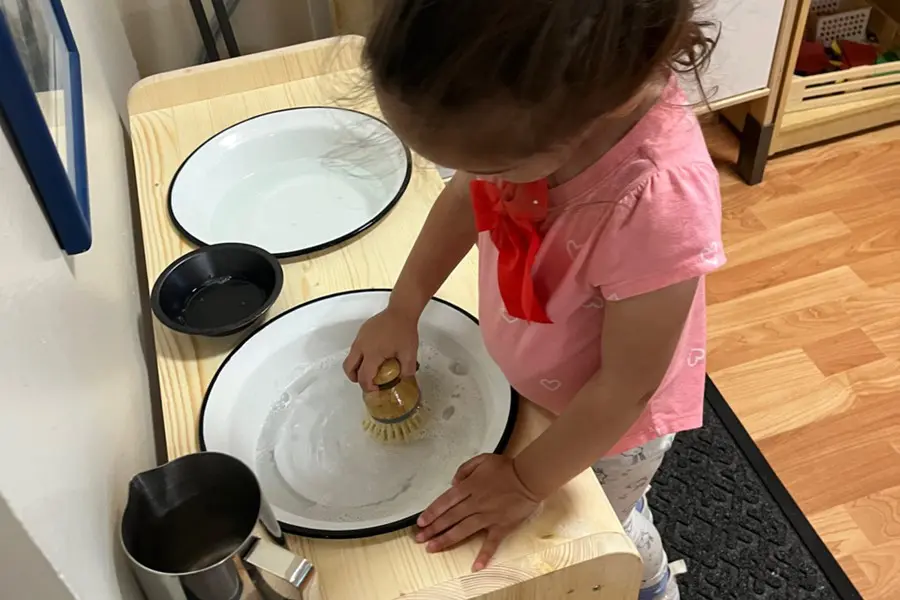
Practical Life
The Practical Life activities aim to help the child develop coordination, concentration, independence, and a sense of order. This is accomplished by using specially prepared materials presented by the teacher. These Montessori materials are created using objects normally found in everyday living experiences, which make them familiar and inviting to the children. These activities are the first ones presented to our students when they start coming to the school.
Practical Life focuses mainly in:.
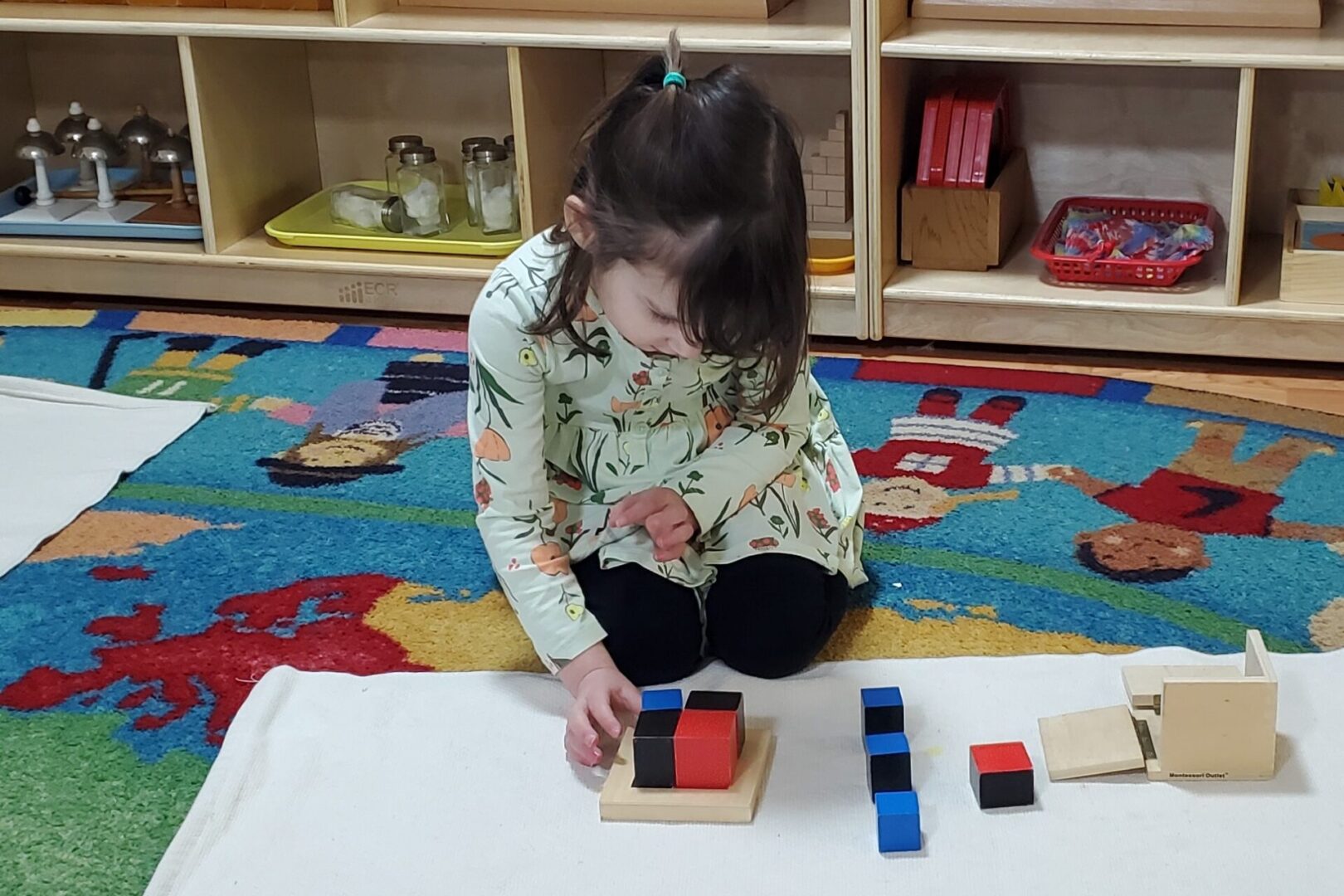
Sensorial
Maria Montessori said that children learn through their senses, which is why the Sensorial area in a Montessori classroom is so important. Sensorial materials are designed to train and refine the senses and to place an order on the sensory impressions the child is already receiving. They help organize similarities and differences between similar objects and develop powers of observation, discrimination, association, reasoning, and judgment.
These materials help the children understand abstract concepts like height, length, depth, one dimension, two dimensions, and three dimensions.
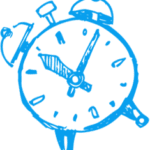
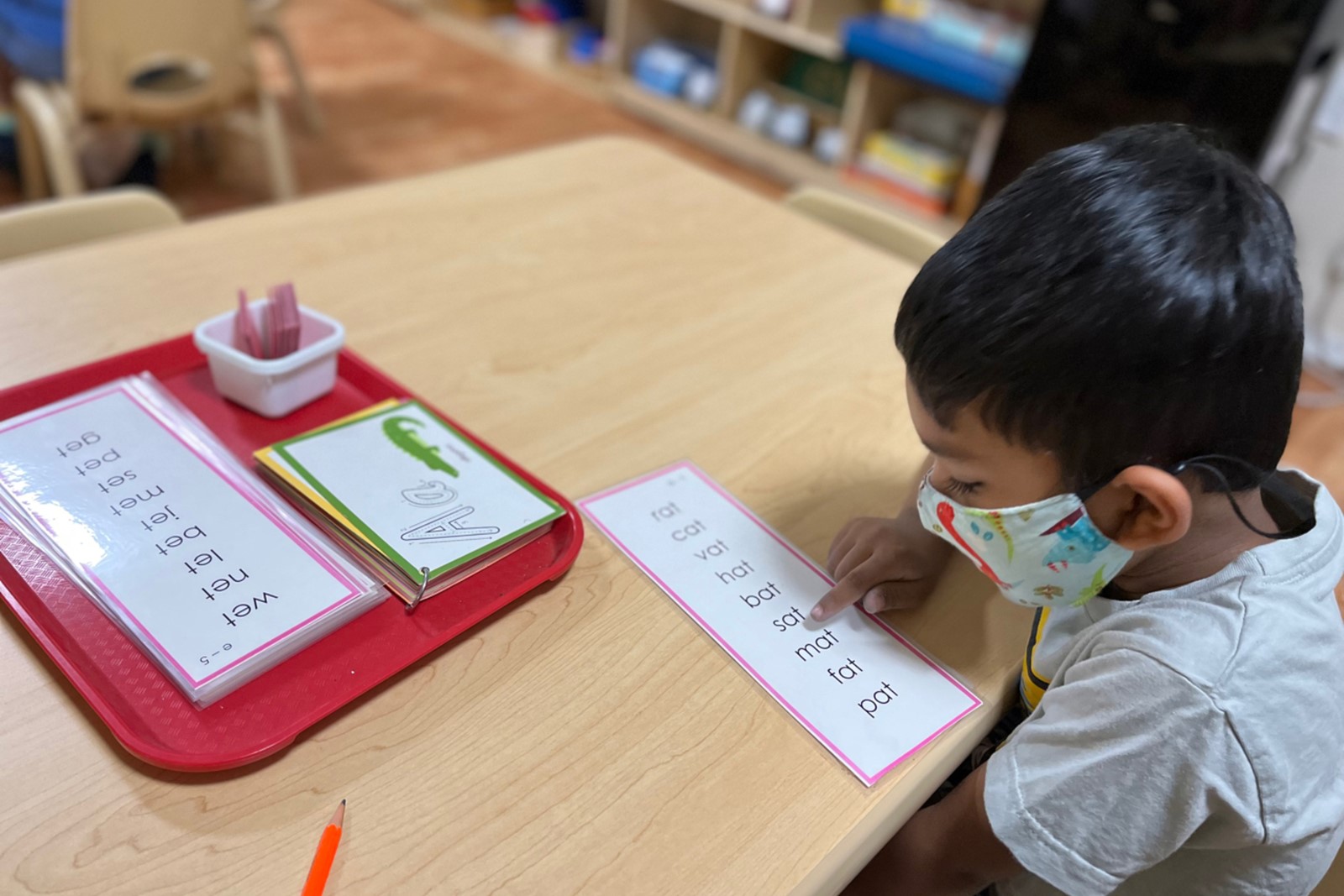
Language
Our Language program has been designed to help our children develop and enhance their vocabulary, improve comprehension and grammar skills, and express symbolic thoughts. Our curriculum is divided into two areas, the pre-language program, and the Montessori language program.
The pre-language program includes:
Montessori language program includes:
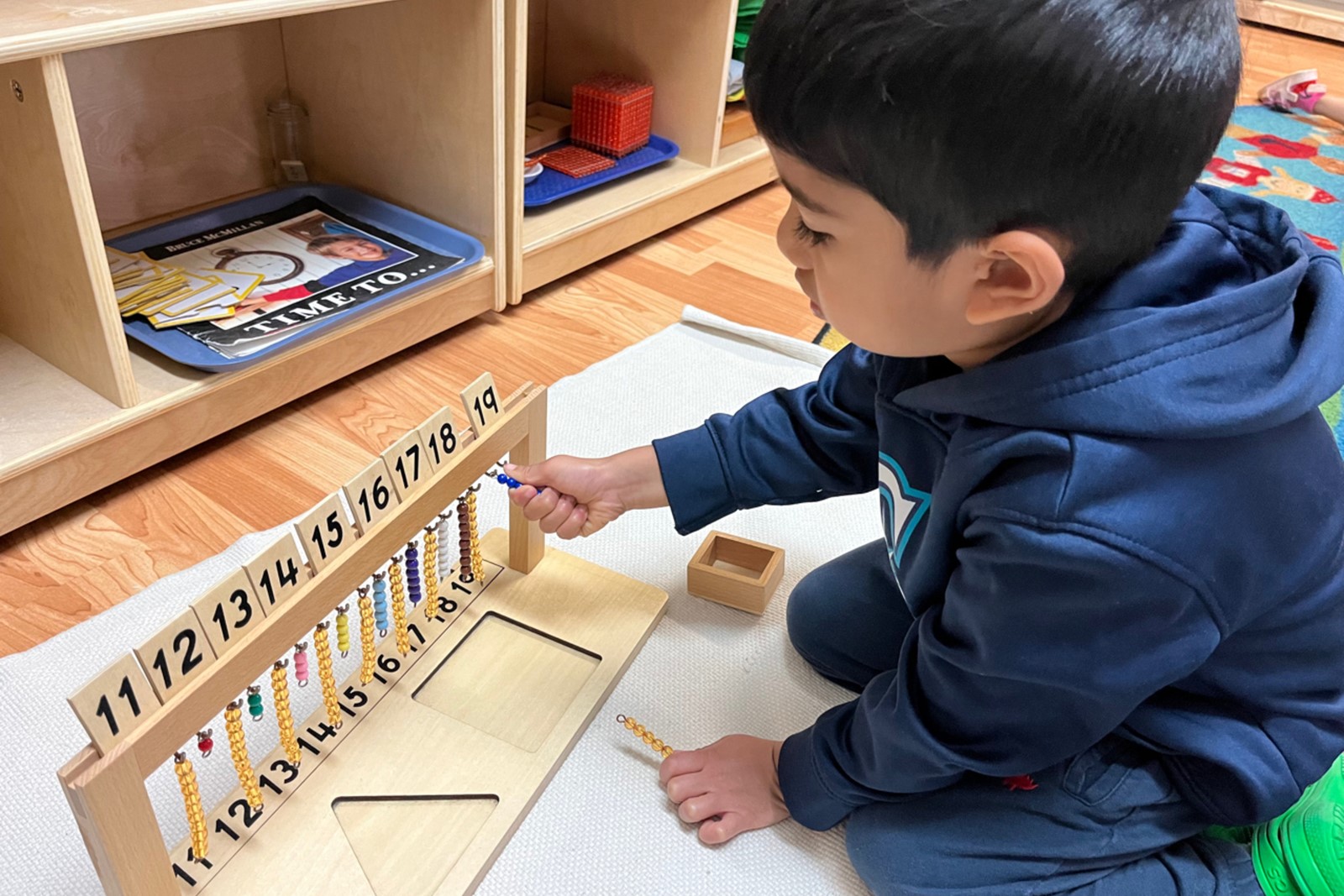
Mathematics
Children are born with a mathematical mind. Since they were little, they observed, organized, classified, and compared elements surrounding them. Our math curriculum suits and enhance these skills and help the children understand abstract concept using concrete learning materials. Our curriculum is divided into two areas, the pre-math program, and the Montessori Math sequence program.
Pre-math program includes sorting, pairing, 1-1 correspondence, patterns, measuring, etc.
Montessori Math sequence program includes an introduction to numbers, the decimal system, an understanding of teens and tens, an understanding of the four basic operations (addition, subtraction, multiplication, and division), and basic fractions.

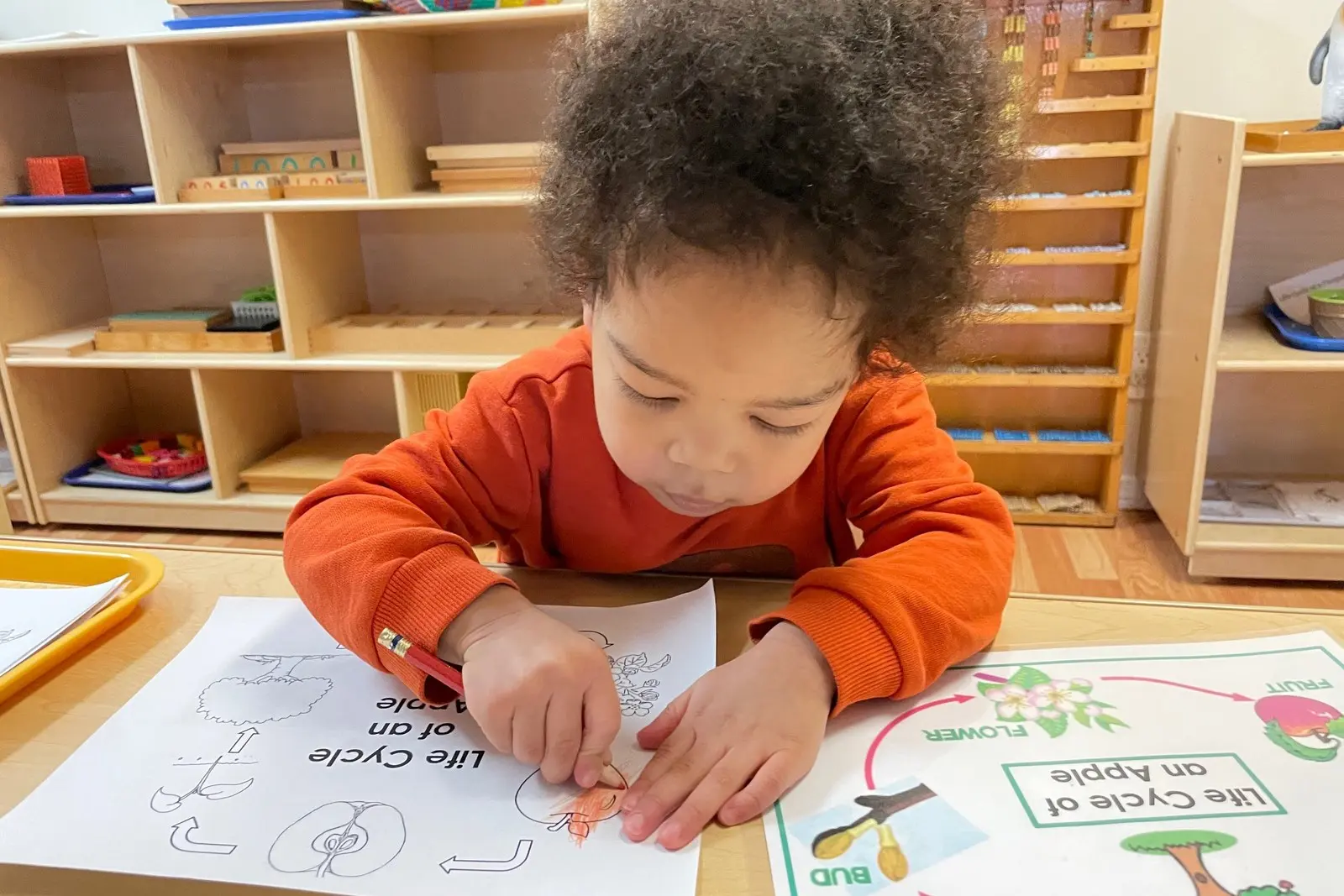
Science
Because young children are also little scientists, they get fascinated by our science program because we present the world in a very interesting way. Our science program includes Zoology, Botany, and Science experiments.
In Zoology, we talk about the animal kingdom, vertebrates, invertebrates, the life cycles of animals, etc.
In Botany, we talk about flowers, seeds, germinations, etc.
In Science, we introduce a hands-on science experiment every month and keep learning materials supporting STEM.
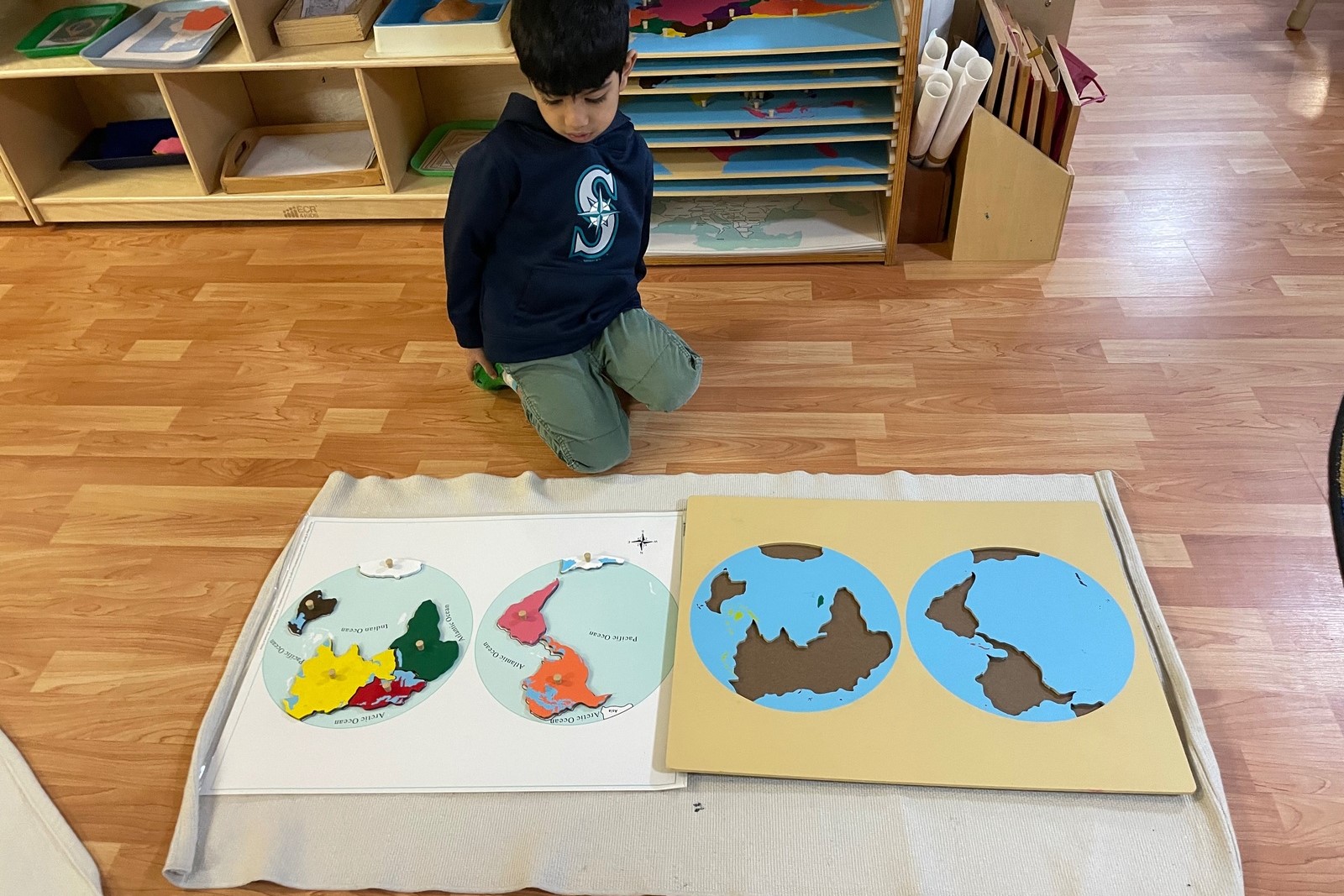
Geography
Today's children are exposed to different cultures and languages and have contact with people from all over the world. That is why our geography curriculum is so attractive and enriching to our children. Our program includes Social Geography and Physical Geography.
Social Geography: We introduce continents, countries, and different cultures.
Physical Geography: We introduce land and water forms.
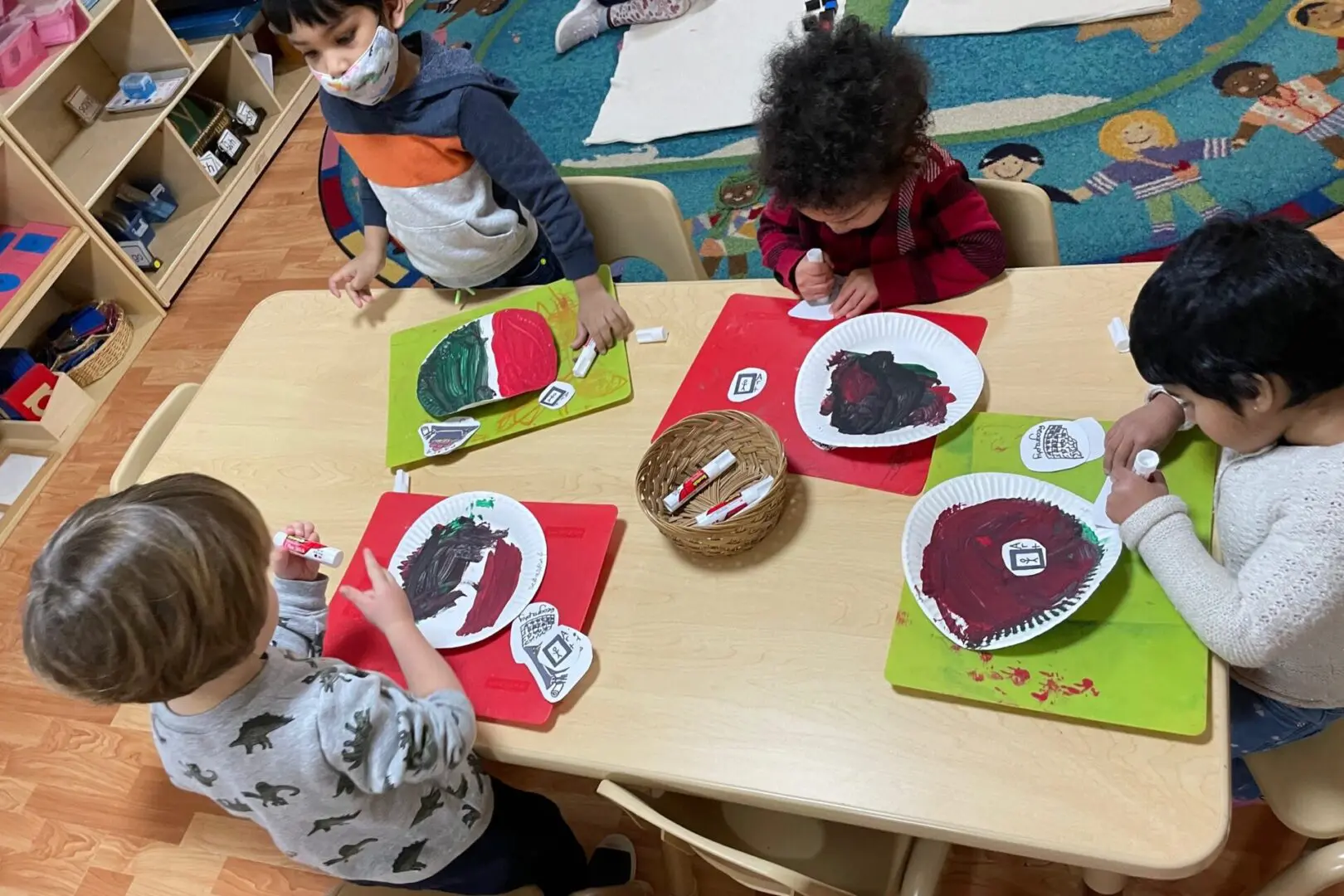
Art
Our Art program develops our students' creativity, appreciation for the beauty of nature, observation, and fine motor skills. Our teachers encourage young artists to create open-ended art (using their creativity and imagination as they utilize various materials without an intended outcome) as a way of self-expression. We follow an Art curriculum where children discover different types of art, work with primary and secondary colors, and use different textures and natural elements in their work.
